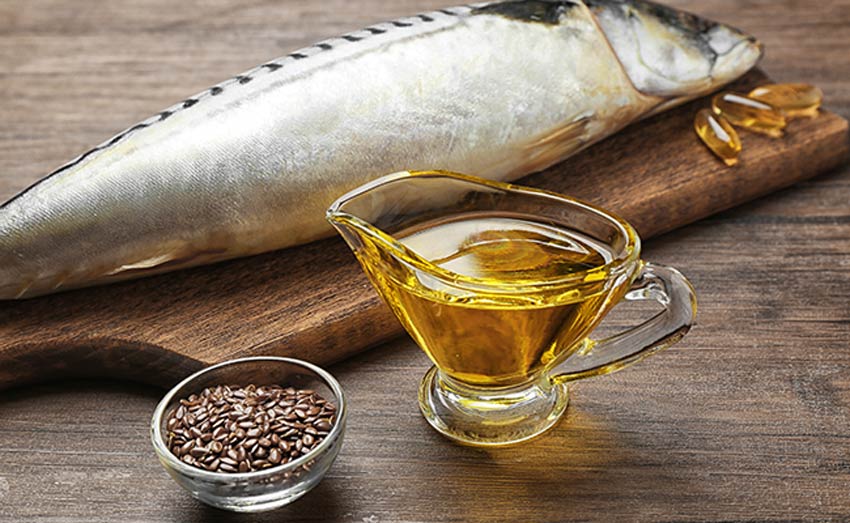Ginkgo biloba: benefits and virtues
If you suffer from venous disorders, memory loss, or hemorrhoids, your doctor may have suggested that you try Ginkgo biloba? This tree, the only one that survived after Hiroshima, has myriads of benefits, starting with an amazing antioxidant action.
What is Ginkgo Biloba?
Ginkgo biloba is a tree native to China, but it grows all over the world.
While its leaves and seeds are often used in traditional Chinese medicine, modern research focuses primarily on ginkgo extract, which is made from the leaves . These are used to treat brain, circulatory and respiratory ailments.
Ginkgo nuts are used for coughs, fever, diarrhea, toothaches and even gonorrhea.

The benefits of Ginkgo biloba
Improves brain function and well-being
It seems that ginkgo may improve brain function in healthy people.
Some studies support the idea that supplementing with ginkgo can increase mental performance and perceived well-being.
Results from studies like these link ginkgo to improved memory, focus and attention.
Can reduce anxiety

Some research indicates that supplementing with ginkgo may reduce symptoms of anxiety.
A handful of animal studies have observed a reduction in anxiety symptoms which can be attributed to the antioxidant content in ginkgo.
In a study followed on 170 people with generalized anxiety and treated with 240 mg or 480 mg of ginkgo or a placebo, the group treated with the highest dose of ginkgo reported a reduction 45% more significant anxiety symptoms than the control group.
Can treat depression
A review of animal studies suggests that taking ginkgo may help treat symptoms of depression .
Indeed, the mice that received ginkgo before an inevitable stressful situation were less emotionally affected than the group that did not receive the supplement.
The study indicated that this effect was linked to the anti-inflammatory properties of ginkgo , which improves the body’s ability to cope when the levels of stress hormones like cortisol are high .
Improves circulation and heart health
In traditional Chinese medicine, ginkgo seeds were used to open energy “channels” to different organ systems, including the kidneys, liver, brain, and lungs.
Ginkgo’s apparent ability to increase blood flow to various parts of the body may be responsible for many of its benefits.
A study in people with heart disease who received ginkgo found an immediate increase in blood flow to multiple parts of the body. This was attributed to a 12% increase circulating concentrations of nitric oxide, a gas responsible for dilating blood vessels.
Likewise, another study showed the same effect in older adults treated with ginkgo extract.
Additional research also highlights the protective effects of ginkgo on heart health, brain, and stroke prevention. There are multiple possible explanations for this, including the presence of anti-inflammatory compounds.
Contains powerful antioxidants
The antioxidant content of ginkgo could explain its multiple health benefits.
Indeed, ginkgo contains high levels of flavonoids and terpenoids, compounds known for their powerful antioxidant effects.
Antioxidants fight or neutralize the damaging effects of free radicals . Free radicals are highly reactive particles that are produced in the body during normal metabolic functions such as converting food into energy or detoxifying.
Yet they can also damage healthy tissue, which helps accelerate aging and the development of disease.
Research on the antioxidant effects of ginkgo is therefore promising.
Dosage and supplements
Ginkgo biloba is commercially available in the following forms:
- Capsules
- Tablets
- Liquid extracts
- Dried leaves / tea
No form of toxicity has been noted in the various studies carried out on Ginkgo, but most of the research has not evaluated doses above 600 mg per day .

The last word
Ginkgo biloba has strong anti-inflammatory and antioxidant capacities and an ability to increase blood circulation.
Together, these characteristics have the potential to improve many bodily systems and prevent or reduce the effects of different diseases.



